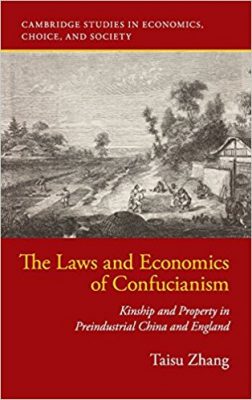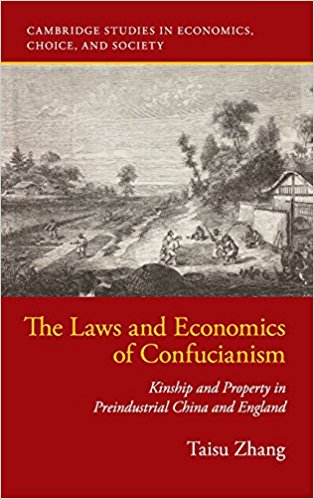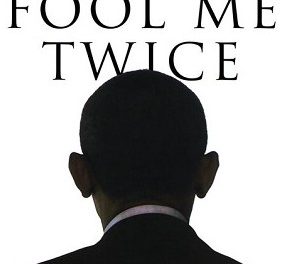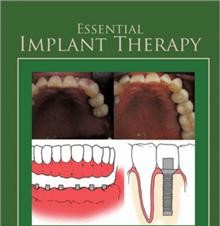 (Part of the Cambridge Series in Economics, Choice, and Society)
(Part of the Cambridge Series in Economics, Choice, and Society)
Author: Taisu Zhang
Publisher: Cambridge University Press – 308 pages
Book Review by: Sonu Chandiram
In today’s world, culture, law and economics in general play large roles in people’s lives, particularly in helping them attain social and economic well-being. Was this true in the past as well? To some extent it was, but with differences, in at least two countries, this book’s author Taisu Zhang writes.
Zhang takes a close look into the past of China and England, in particular between 1860 and 1949 – during the later Qing period in China and the Republican society in England, and broadly during the two centuries between 1500 and 1700.
He points out that the dominance of kinship networks in China was a major factor in enabling poor people to gain status and even political authority that were highly disproportionate to their levels of wealth. These social networks operated broadly under what he describes as “Confucian norms of social ranking.”
Advanced age and generational seniority were major factors of sociopolitical status in China. These were in stark contrast with the individualistic English society where landed wealth was the most important prerequisite in attaining high status, and consequently, positions of leadership, influence, prestige, and ultimately political power, if one so desired.
Taisu Zhang writes that the aim of this book is “to demonstrate a chain of causation between cultural norms, legal institutions, and macro-level economic outcomes in modern pre-industrial China and England.”
We list the chapter titles below to provide you an overview of this book’s contents:
Introduction
- Dian Sales in Qing and Republican China
- Mortgages in Early Modern England
- Kinship, Social Hierarchy, and Institutional Divergence (Theories)
- Kinship, Social Hierarchy, and Institutional Divergence (Empirics)
- Kinship Hierarchies in Late Imperial History
- Property Institutions and Agricultural Capitalism
Conclusion
In this book, Taisu Zhang ties together past culture, legal history and institutional economics, and offers a novel argument as to why and how China and England took different paths to pre-industrial economic development.
Due to the higher sociopolitical clout of the poor and low-income households in China (compared to their counterparts in England) Chinese customary laws on governing and selling land protected their economic interests far more vigorously than did English institutions.
Because of this contrast between Chinese and English society, a substantial majority of English land become concentrated within the hands of the wealthy, and under capitalist management. On the other hand, even by mid- twentieth century, China’s farmland and agriculture remained in the hands of households with much more modest means compared to the situation in England, where the yeomanry and small landowners steadily declined in numbers.
Zhang states: “The best explanation for these deep structural differences is primarily that Chinese property laws were much more “poor friendly” in that they allowed cash-needy landowners – who were usually poor – to collateralize their land without risking permanent loss of title. This severely discouraged the permanent selling of land and, correspondingly, the accumulation of land into larger, capitalist farms. Property institutions were therefore an essential nexus that linked cultural differences concerning kinship and social organization to macro-level economic divergence.”
Much was written by Westerners about China’s relative ‘economic decline’ during the mid-twentieth century and thereafter, attributing it to Confucian culture, religion, or values that writers claimed had an element of ‘economic irrationality’ compared to the positive Western values of ‘rationality’ and ‘growth,’ but Zhang asserts that such claims lacks empirical validity, and do not take into account numerous cultural differences among Chinese people in various geographic regions, and many other factors.
In sum, this is a highly informative book about the history and nature of different pre-industrial economic paths taken by China and England, the influence of Confucianism and its precepts and values, and much more. It has been said often that “a little knowledge is a dangerous thing.” that could lead to incorrect assumptions and wrong conclusions. So, read this book. Get it right.
Author:
Taisu Zhang is an associate professor of law at Yale Law School and works on comparative legal history (specifically economic institutions in modern China and early modern Western Europe), comparative law, property law, and contemporary Chinese law.
The Laws and Economics of Confucianism – Kinship and Property in Preindustrial China and England is his first book. In dissertation form, it was the recipient of Yale University’s Arthur and Mary Wright Dissertation Prize and the American Society for Legal History’s Katherine T. Preyer Award. Dr. Zhang is a founding board member of the International Society for Chinese Law and History.







